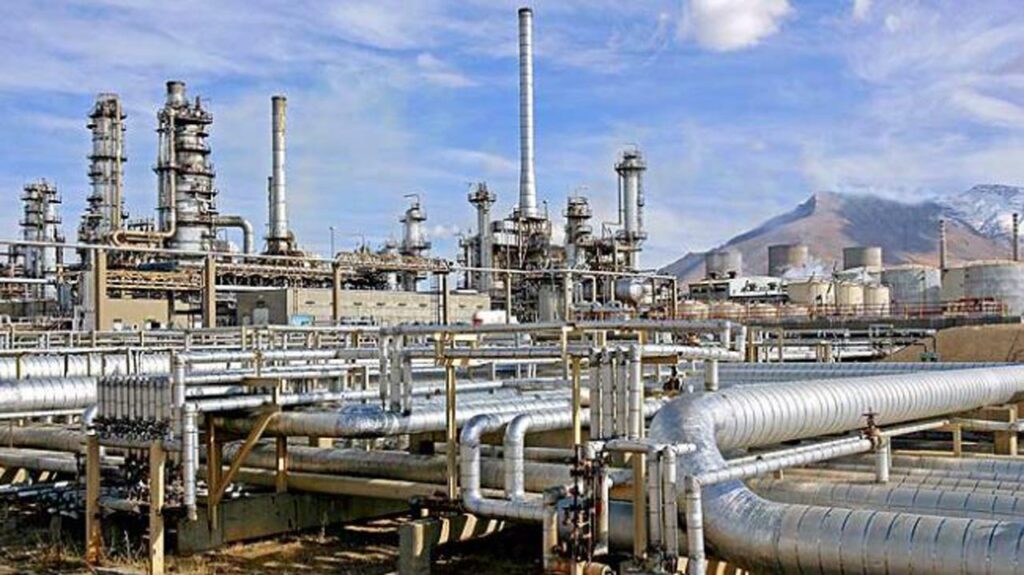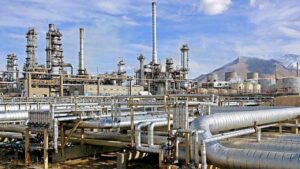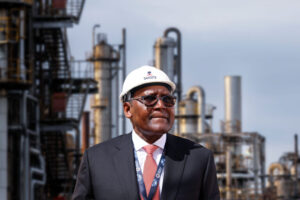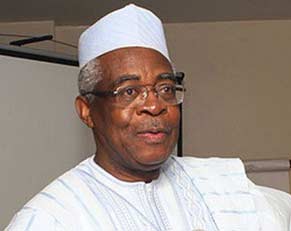

PIA MOST AUDACIOUS ATTEMPT TO OVERHAUL OIL AND GAS INDUSTRY SAYS BUSAYO FABUNMI, GM OPERATIONS , ASIKO ENERGY
… Affirms Asiko’s great investment and expansion into CNG, LNG Gas Stations
The Petroleum Act (PIA) 2021 has been described as one of the most audacious attempts to overhaul the petroleum industry.
Busayo Fabunmi, General Manager, operations, Asiko Energy Holdings Limited said this at the just concluded annual International Strategic Conference organized by the Association of Energy Correspondents Of Nigeria (NAEC) titled: Nigeria’s Energy Transition: Enhancing Investment Opportunities and Addressing Challenges in Oil and Gas sector held in Lagos.
Busayo Fabunmi who spoke on Energy Transition, PIA, Petroleum Pricing and the way forward for the downstream stated that his thought as regards petroleum pricing generally is that it should be allowed to float freely.
“Like any other commodity out there, petroleum products are commodities and they should be allowed for a free float, even though there might be some fluctuations. That would however be a better situation to have, because some investors may be attracted to look at those fluctuations and challenges as opportunities for them to invest. They would come in and analyse the sector and industry and could pick where they want to invest. This is the way to go as far as pricing of petroleum products is concerned,” he said.
As per the use of Compressed Natural Gas (CNG), he said, if you look at the Petroleum Industry Act (PIA), on energy transition, it tends to focus more on gas. “This in a way is an advantage. And if you look at what we have seen around us recently, we have seen a seismic change in the way we consume energy on our roads, in our houses, and even at the sea. We have seen a situation where ocean-going vessels run on energy. So as a speaker had said, the Blue Economy is also evolving with the adoption of gas, because have also seen gas being used as bunker fuel.”
He stated that at Asiko Energy Limited, they did some analyses on fleets of trucks loading on diesel, and a fleet of trucks loading using CNG and they ran the analyses, they could see what was happening.
“At a point, it was becoming practically impossible for us to continue with the distribution of business running on diesel. So we needed to explore alternative fuels.
We heard people saying that CNG is cheap, but we needed to confirm or check it ourselves. So we brought in new trucks. We ran the exercise and we saw a significant reduction in terms of cost savings.
Now, we are on the verge of making additional investments in this regard.
He also disclosed that the company is coming into the LNG space. “We have been in the LNG space for about two decades but just last year Asiko Energy ventured into LNG space. We have made some investments in addition to the LPG terminal we are building right now in Lagos.
The phase II of the project will be LNG. The whole idea is to deepen the gas adoption and penetration.”
According to him, the company is focusing on the gas policy of 2017 which emphasis increasing the use of gas domestically, in areas of agriculture, transportation, and Power. These are the four key areas.
“Our focus is not just to sell gas but also to help industry people. In the past five years, we have seen a 25 percent growth in gas consumption year on year, except for last year when there was 13 percent dip.
What this tells us is that the market is there. “Right now, if we continue the way we are going we would end up with about 1,500 major metric tons as the market size for LPG. The market there.
“ I want to also say that what the PIA was meant to achieve was to provide the framework which saw to the establishment of NUPRC and NMDPRA to focus on specific areas so that they can provide proper oversight that they are meant to do.”
“Generally, looking at where we sit as a nation and looking at our gas production, producing and consuming 125 billion standard cubic feet of gas on a daily basis is not where we should be. We can do a lot more so that gas can be available for other businesses for use in the form of energy and CNG to further drive their business, bring their cost down, and improve their overall margins.”






